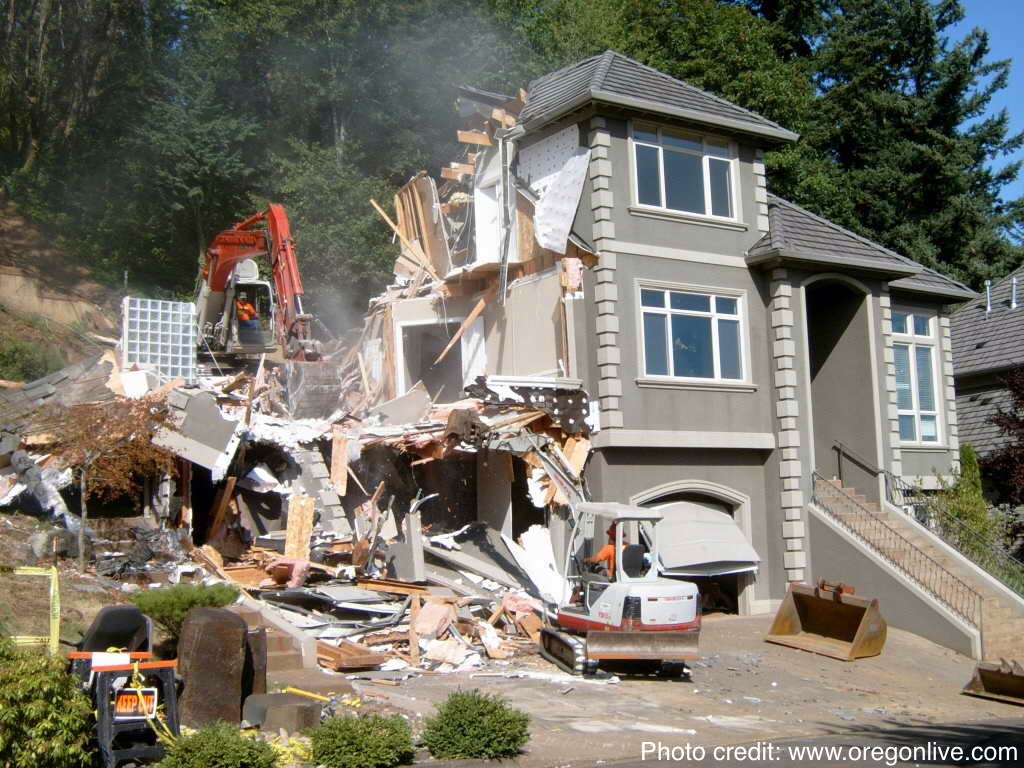|
The rainy season has just got started and some people just like it because of the cold winds that it brings. But, some might not agree because of its inconvenience.
Here in Baguio City, one might enjoy the colder weather. We’ve been to this summer season few months ago, and now we are loving this climate shift—from humid and hot to collar-turning cold, chilling winds. But somehow, this season of thunderstorms might just bring unexpected dangers to your properties and family. Specially at the country’s summer capital, we might face some threat of landslides during or after heavy rainfalls. During rainy days too, we might not be safe from flash floods and high winds that might blow down trees that can damage houses in a snap. PAGASA, the country’s leading weather advisor, always warns the masses if in case that a typhoon or any atmospheric changes might occur. And as usual, their concern is primarily our safety when these natural disasters are about to happen. Now, the question then, is your family and house ready for the rainy season? Here are some tips on how to be safe and be prepared to avoid unexpected repair cost after all the damages this could bring. 1. Stop, look and listen. This might sound that you are about to cross a street, isn't it? However, this simple rule might just overtake that idea since it could also correlate with the way you observe the weather. This just means that during this season, one must be vigilant and proactive enough when it comes to some weather changes. You might want to stop what you’re doing as you watch (look) and listen to the weather news today. After that, make some necessary action plan. 2. Learn the geology of your area I don’t want to hurt your brain about studying geology but this complicated-sounding method can be simplified by means of being more observant and assertive in developing your readiness to any natural phenomenon. In other words, familiarize and know your area. You might evaluate and ask yourself with these questions: Is my house built beside, on top or at the base of a steep slope? Then, is my house safe from any falling debris or rocks? Is my house near to any body of water like lakes or rivers? Is my house safe from flooding? Have I kept any emergency hotline phone numbers? Do I know where and how to go the any evacuation center nearby in case of emergency? 3. Do the "healthy" house check Just like the way how you manage your health by going to the doctor regularly to do some physical exams, your house could be at the edge of danger too if it’s not being checked and repaired regularly. It is always critical that during rainy days, you need to do some necessary measures to avoid potential hazards: Check your roof for any cracks, rusty spots and holes. You might do some repainting after blocking all these holes. After that, check your gutters for any granules that might accumulate and might cause the water to back up. Make sure you remove all the blockages. Inspect the walls of your house from inside out to prevent water from possibly seeping in. And you might also start moving some furniture to a higher level if you know that your area is not flood-free. “There’s no place like home” and we all know that. However, your home might not be safe at all times. But I guess, these three fundamental tips have just summed everything up. The bottom line is, always be vigilant and weather-ready at all times.
0 Comments
Leave a Reply. |
Archives
July 2024
Categories
All
|
Hi! Welcome to our website. Having an agent/broker on your real estate search is a gift because with or without them the price of the property is always the same. They give you FREE SERVICE and only pure service. On your part, everything is to gain. Claim your gift now! :)
meet your Real estate Broker Partner:
Roman Joe Anoso, RN, REB
Real estate Broker PRC license number: 19887
HLURB registration number: CAR-B-05/21-029
HLURB registration number: CAR-B-05/21-029
Roman joe Anoso is a multi-awarded real estate broker, consistent Top #1 for 8 years to date, being recognized by the following companies:
Suntrust Properties, Inc.
- Overall Nationwide Top # 1 Real estate broker year 2018:
Vista Residences, Inc.
- Overall Nationwide Top # 1 Real estate broker year 2017:
Goshen Land capital, inc.
- Overall Nationwide Top # 1 Real estate broker year 2011 to 2016:
Suntrust Properties, Inc.
- Overall Nationwide Top # 1 Real estate broker year 2018:
Vista Residences, Inc.
- Overall Nationwide Top # 1 Real estate broker year 2017:
Goshen Land capital, inc.
- Overall Nationwide Top # 1 Real estate broker year 2011 to 2016:
office address: REALS Corporation, Barangay Dontogan, Baguio city, 2600
personal: +63917-5645-863
viber/whatsapp: +63917-5645-863
add him on facebook (CLICK HERE)
office landline: 074-442-2353 (for clearer conversation)
email: [email protected]
skype: romankat2
website: www.realestatebaguio.com
personal: +63917-5645-863
viber/whatsapp: +63917-5645-863
add him on facebook (CLICK HERE)
office landline: 074-442-2353 (for clearer conversation)
email: [email protected]
skype: romankat2
website: www.realestatebaguio.com
official Real Estate Brokerage Website of REALS Corporation
for our affiliate program CLICK HERE
for our affiliate program CLICK HERE


 RSS Feed
RSS Feed




